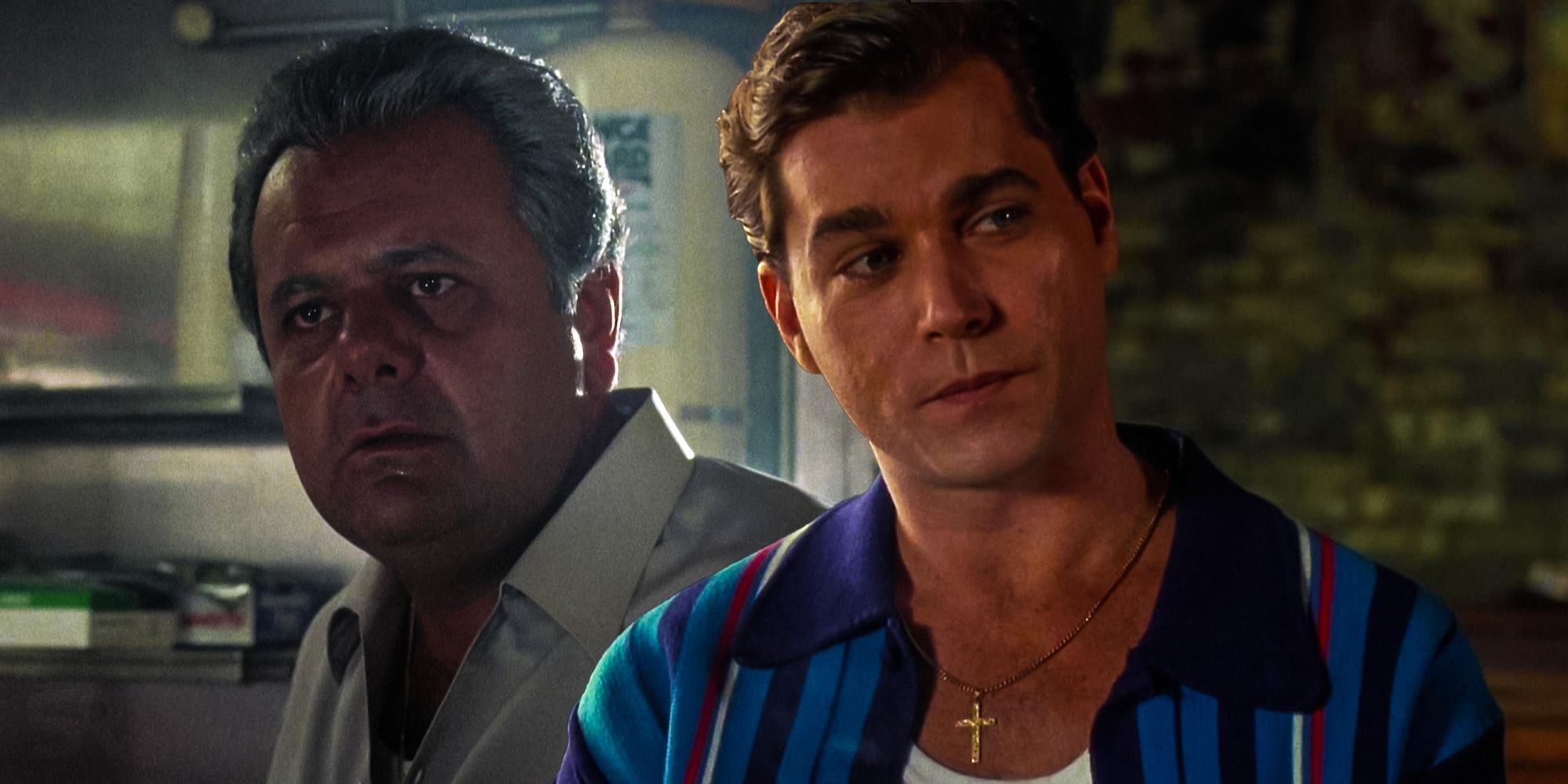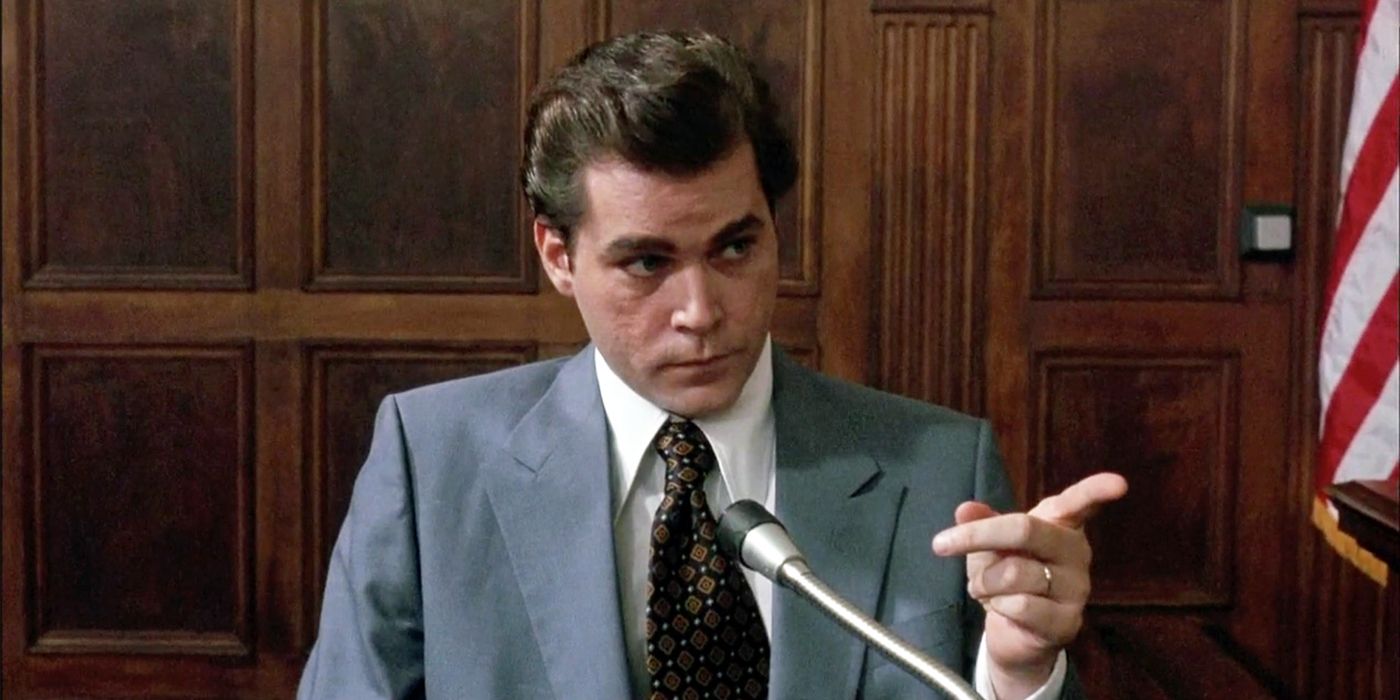Goodfellas took viewers into the world of gangsters through the real story of Henry Hill, but after everything he did and what happened after the events of the movie, why wasn’t Henry killed by the mob? The film industry has seen a variety of gangster movies based on real-life people and events, and one that is considered among the best of the genre is Martin Scorsese’s Goodfellas, released in 1990 and based on the book Wiseguy by Nicolas Pileggi.
Henry’s problems began when he was sent to prison, and in order to keep supporting his family, he started selling drugs. Paulie didn’t agree with drug dealing, but Henry continued doing it until Paulie ended their association, and by then, Henry was already a drug addict with many, many debts and other problems. After a suspicious offer from Jimmy, Henry decided to cooperate with the FBI and became an informant, enrolling with his family in the witness protection program. Henry’s testimonies sent Paulie, Jimmy, and others to jail, and Henry lived under the witness protection program for years, but once he was expelled, he was in real danger of being killed by the mob, yet he wasn’t – and there might be a couple of reasons for that.
Goodfella's pulls few punches in portraying Ray Liotta's life working for the Lucchese crime family and his ultimate decision to cooperate with the FBI years later. During his time working with the mob, Henry became close to and even worked with some of the biggest names in the business, as were Tommy DeVito (Joe Pesci) and Jimmy “The Gent” Conway (Robert De Niro), which should have made him an even more prominent target after turning on them. But Henry Hill wasn't killed by the mob because they seemingly wanted him to live in fear, as a form of mental torture, according to one prevailing theory.
It’s widely known that there are rules in the mafia and a code of honor, and judging by the events told in Goodfellas, Henry broke many of those mafia rules. The biggest one, of course, was becoming an FBI informant and “ratting” on his former friends, and while he would have been safe from retaliation for a while thanks to the witness protection program, he was expelled from it in 1987 after being convicted of cocaine trafficking. This would have made him a target of the mob after everything he did, and he reportedly lived in fear of being killed for his betrayal – and, of course, all his actions and those of the crew being exposed in Goodfellas only added to his completely rational fear. The Guardian pointed out a couple of reasons why the mob didn’t go after Henry Hill for his betrayal once he was expelled from the witness protection program, beginning with the mobsters possibly choosing to let Henry live in constant fear for years, which would have been an act of torturous revenge without having to get their hands dirty.
Another possibility was that Henry was an unreliable narrator, and his actions might have been greatly exaggerated for the sake of drama, so he might have not been a relevant name in the mob at all, though being a liar could have also cost him his life. After being expelled from the witness protection program and divorcing Karen, Henry Hill continued sharing his story as much as he could, wrote a couple of books, and even opened a restaurant, and he died of complications related to heart disease in 2012. Living in constant fear of being killed was enough torture for Henry Hill, and as the veracity of his story and testimonies as shown in Goodfellas is still debated, the mob surely had its reasons to not go after him.


